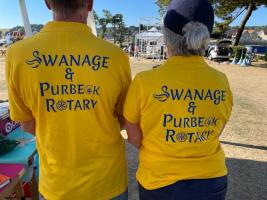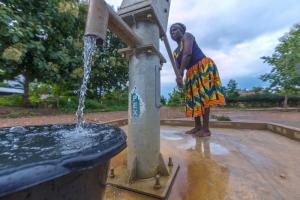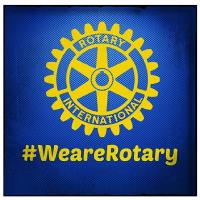Meeting with speaker at Swanage Conservative Club
Wed, Oct 3rd 2012 at 12:00 am - 2:00 am
Meeting: 7 for 7:30
Dress: smart Casual
Registrar: Bernard Bettles
Meal: Sausage & Mash
Our speaker for Wednesday Evening will be from National Coastwatch about the work of NCI and specifically the St Alban's Head station.
History of the NCI
The National Coastwatch Institution (NCI) is a voluntary organisation set up in 1994 to restore a visual watch along UK shores after many small Coastguard stations closed. NCI is a registered charity managed by a board of Trustees with a Constitution agreed by the Charities Commission.
In 1994 when two fishermen lost their lives off the Cornish coast below a recently closed Coastguard lookout, local people decided to open and restore the visual watch. When the first station was opened at Bass Point on the Lizard, NCI was born. Today 46 stations keep a visual watch around the coastline of England and Wales, with more in the pipeline subject to available funding.
NCI stations have been set up along the coast from Rossall Point in the North-West, through Wales, to Sunderland in the North-East. Each station has a qualified and highly trained team to watch over its own particular area whether it is a popular seaside town, busy port or shipping area. Accidents will always happen at sea and along the coastline. Wherever there is an NCI station a watchkeeper will be looking out for danger and ensuring your safety on the water.
High technology and sophisticated systems such as radar and telecommunications have vastly improved safety at sea, but there is no substitute for a watchful pair of eyes. Accidents do happen and a computer or technology cannot spot a distress flare, an overturned boat, a yacht with problems, a water sports enthusiast in difficulty, or children or adults in trouble, or possible pollution incidents. That is why our lookouts and watchkeepers are an important service provider to all those who use our coastal waters, footpaths and coastline.
Work of the NCI
Each Station is manned by a team of fully trained and dedicated volunteers who keep a daylight watch up to 365 days a year. Stations are equipped with telescopes, radar, telephone and weather instrumentation as well as up to date charts. Close contact with the Maritime Coastguard Agency (MCA) aims to promote stations to Declared Facility Status in order to become an integral part of the National Search and Rescue Structure.
Watchkeepers come from all walks of life and offer a wide range of skills and experience. Full training ensures that volunteers reach the high standard expected by the NCI and MCA. Regular assessments take place at all stations and retraining programmes are held to maintain standards and keep watchkeepers up to date with the latest legislation or improved operational procedures.
Watchkeepers are the eyes and ears along the coast, keeping a visual watch, monitoring radio channels, using radar and providing a listening watch in poor visibility. They remain vigilant at all times. Surveillance work is mainly routine but watchkeepers are trained to act in an emergency, report to the MCA and, if required, co-ordinate with the search and rescue services.
A log of all water-based activities is kept during each watch and, when requested, weather conditions can be passed to yachtsmen and fishermen before they put to sea. Also with the new generation of web cams we can identify sea conditions for those who wish to check on the weather or sea state prior to doing any watersport activity, hopefully reducing the need for MCA response and RNLI call-outs. During each watch other activities such as canoeing and diving etc are closely observed, as are bathers, walkers and climbers who use our shoreline.
Watchkeepers provide a vital link with all the emergency services and can provide an emergency contact point on land for both sea and shore users.
'What We Do' Main Pages:

There are several ways in which you can get involved with Swanage and Purbeck Rotary. Read on to find out more
moreRotary now has another route to membership, incorporating the very essence of the way Rotary started in the first place
more
Browse the pages in this section to find out more about some of Swanage and Purbeck Rotary's fun activities
more
The Community / Vocational team work in conjunction with several local charities and good causes to ensure that our local fundraising is supportive of those most in need.
more
The Foundation team support our contribution to Rotary International's own charity - the Rotary Foundation.
moreLinks to all relevant and applicable policies are listed below
more










